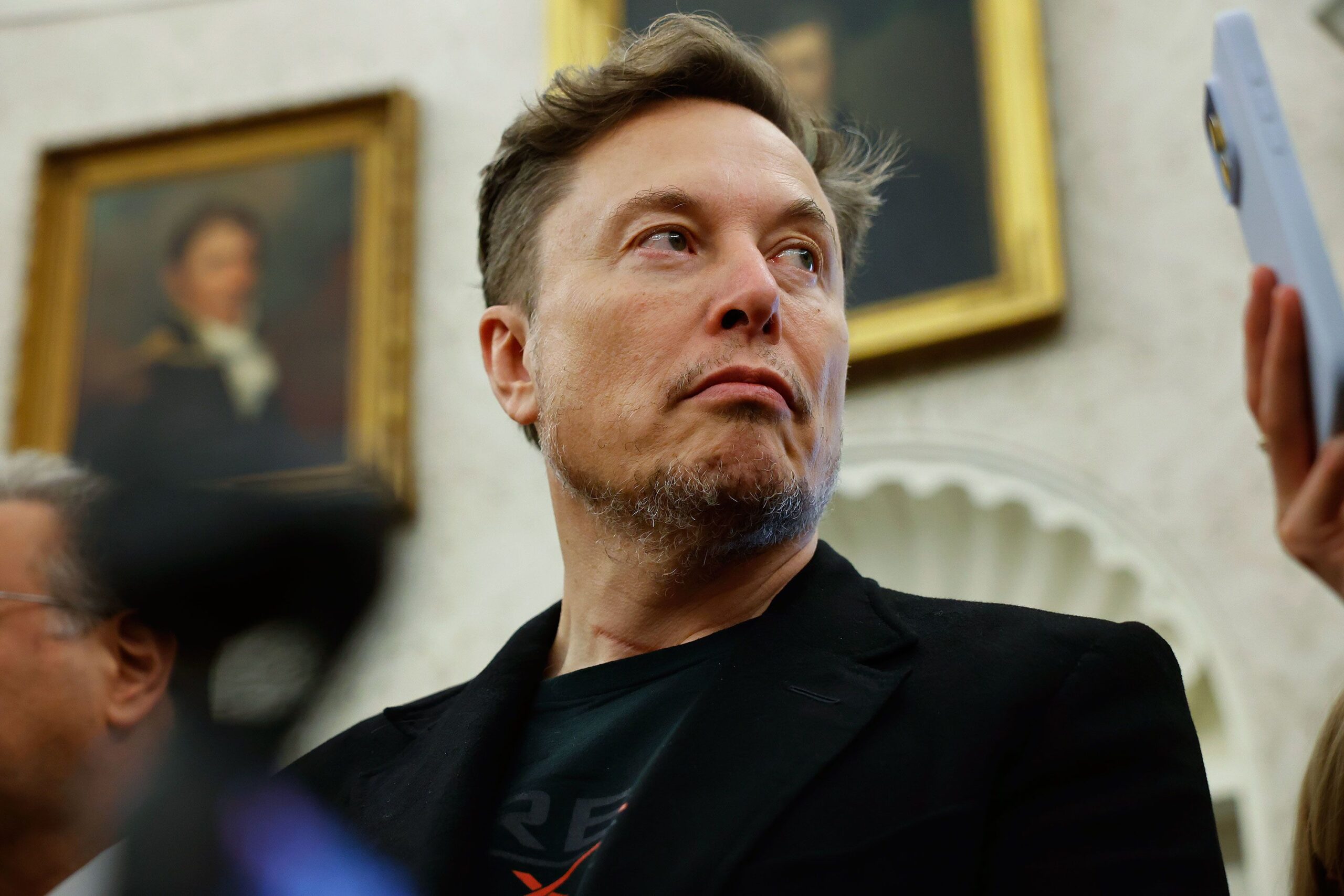A Short but Impactful Tenure
Elon Musk’s brief stint in the Trump administration has ended. His time at the helm of the Department of Government Efficiency (Doge) lasted just over four months. Despite its brevity, the period left a major mark on federal operations and global relations.
This week, Musk posted on X (formerly Twitter), thanking President Trump for the chance to serve. The White House confirmed his departure, although Trump has not commented.
Musk’s Cost-Cutting Agenda
From the outset, Musk aimed to slash spending. His initial goal of $2 trillion was later revised to $1 trillion, then to $150 billion.
According to Doge, the department achieved $175 billion in savings. These came from asset sales, contract cancellations, regulatory changes, and staff cuts—reportedly eliminating 260,000 federal jobs.
However, independent reviews from outlets like the Government Accountability Office (GAO) questioned the accuracy and openness of these claims. Courts reversed several mass layoffs and ordered employees rehired.
One notable case involved plans to dismiss hundreds at the National Nuclear Security Administration. That effort was blocked over national security concerns.
Risks and Mistakes
Musk admitted the risk of errors. After aid to Mozambique was mistakenly cut due to confusion with Gaza, he said: “We will make mistakes, but we’ll fix them fast.”
Doge also drew criticism for seeking access to U.S. Treasury systems, raising alarms about private data protection.
While public support for budget cuts stayed strong, Musk’s personal favorability declined, according to the Pew Research Center.
Business Ties Raise Concerns
Musk’s dual role—as a public official and head of firms with government deals—raised ethical questions.
His companies, including SpaceX with $22 billion in federal contracts, featured in official events. In March, Tesla cars were showcased on the White House lawn, sparking backlash.
Critics accused him of using his position to push Starlink, his satellite internet business, into new markets.
Neither Musk nor Trump acknowledged any conflict of interest. They insisted the collaboration served national goals.
Foreign Aid Overhaul Signals Isolationism
Musk’s global impact centered on deep cuts to the U.S. Agency for International Development (USAID). Over 80% of programs were axed after a Doge review. The rest were folded into the State Department.
This aligned with Trump’s focus on domestic priorities. But it disrupted aid efforts in fragile regions—from Sudan to Afghanistan and India.
Some saw this as a weakening of U.S. global influence, while others viewed it as a strategic realignment.
Promoting Fringe Theories from Within
Musk’s time in office also spotlighted the rise of misinformation in politics.
He echoed fringe claims, including one that gold reserves had vanished from Fort Knox. He suggested a livestream to verify them.
In another case, Musk repeated discredited claims about a “genocide” of white South Africans. These remarks emerged during a meeting with South African President Cyril Ramaphosa. Trump reportedly showed videos as supposed proof.
These actions sparked criticism for elevating unverified ideas to the top levels of diplomacy.
Cabinet Tensions and Departure
Behind the scenes, Musk’s efforts stirred conflict within Trump’s cabinet.
Officials feared Doge’s deep cuts hurt agency performance. At one cabinet meeting, Trump acknowledged: “Some might disagree a little bit. If so, I want to hear it.” No one objected publicly, but tensions were reported.
Musk’s exit came the same day a taped interview aired. In it, he criticized Trump’s new budget bill for including tax cuts and more defense spending.
He argued the bill undermined Doge’s savings plan and exposed divisions in Republican fiscal policy.







